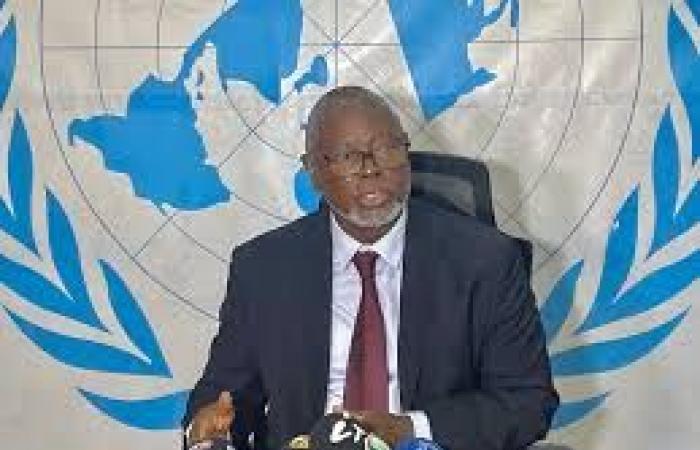
The amnesty law, adopted in a context of intense political and social tensions, was seen as an attempt to appease the political crisis linked to the demonstrations and the challenge to President Macky Sall. While this measure had provided temporary relief, it had also attracted strong criticism due to its permissive nature towards human rights violations. The amnesty offered total immunity to those responsible for abuses, making any legal proceedings against them impossible. “This went against international principles of justice and the values of the United Nations, which call for ensuring access to justice and ensuring that perpetrators of violations are brought to justice,” the two said. authors of this column.
Alioune Tine and Amrit Singh expressed their satisfaction with this decision, considered historic, stressing that it constitutes an important step towards reconciliation and the construction of a fairer society respectful of fundamental rights. In their forum, they insisted on the importance of carrying out independent and impartial investigations to shed light on the events that shook the country during the period covered by the amnesty law. “This process,” they asserted, “is essential to prevent the recurrence of such violations in the future.”
The two authors also call on the Senegalese government to fully restore human rights in the management of the political crisis and to restore Senegal to its leading role in the protection of fundamental rights in Africa. Emphasizing the need for a true rule of law and respect for the country’s international commitments, they stressed that “justice is the only path to lasting peace and true stability.”
The Prime Minister’s decision to repeal this amnesty law thus constitutes a moment of deep reflection for Senegal. Which must now reinvent itself as a nation resolutely committed to the defense of human rights, and give itself the means to guarantee justice, truth and reparation for the victims,” they concluded.
Senegal





